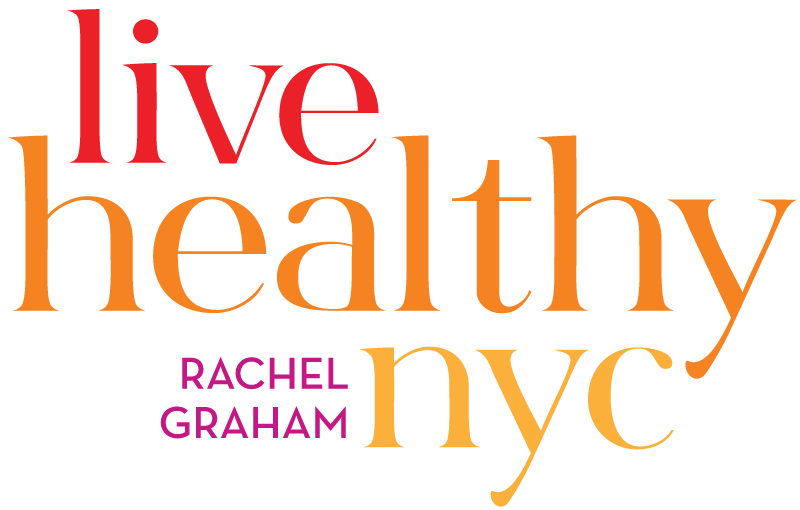This morning, I woke up hungry, which isn't unusual for me. I made my coffee and my breakfast, craving something creamy and cool. It was a perfect summer morning, with the sun starting to shine. I started to think about my breakfast choice and I've noticed that my cravings change with the seasons. Do yours? I prefer cool foods in the spring and summer and warm foods in the fall and winter. I was feeling good and energized and I began to think about how my emotions influence when I eat. Do your emotions influence the way you eat?
Someone I know recently started taking a weight loss drug. She used to love going to the grocery store, buying food, and walking into bakeries to try an array of baked goods. She had a real passion for food. Interestingly, she told me that the drug made her indifferent to food. She felt hunger, but in the middle of eating, she would stop because she "lost interest." She wasn’t sure if this was a common side effect of the drug or just her personal experience. Either way, it was a complete shift for her.
As we talked more, it became clear that she had lost all the feelings and emotions associated with eating. Emotional eating is a complex and multifaceted issue, where people use food to cope with feelings rather than to satisfy hunger. We've all been there, finishing a whole bag of chips out of boredom or eating cookie after cookie while watching TV or studying for an exam.
Not many of us make the connection between eating and our emotions. Emotional eating refers to consuming food or not consuming food in response to one's feelings rather than hunger. It’s a coping mechanism many people use to deal with negative emotions such as stress, boredom, sadness, loneliness, or anxiety. But emotional eating can also be linked to positive feelings, like the romance of sharing dessert or the celebration of a holiday meal.
We're all emotional eaters to some extent—who hasn't suddenly found room for dessert after a filling dinner? So, how do we "unlearn" patterns of emotional eating?
Support yourself- I believe it starts with becoming aware of what's going on. And the answers are within you if you dig deep to learn what triggers your emotional eating for comfort. Acknowledging what you're feeling and taking action steps will break the cycle that no longer is serving you. You deserve to feel great — emotionally and physically. When your body is nurtured and supported, you're better prepared for life's inevitable curveballs. Exercise, sleep and healthy nutrition can help get you through times of stress!
Feel your feelings- Feeling your feelings is more effective than feeding them. When you're able to name what your feeling is, you're able to work through it.
As a licensed Clinical Behavioral Therapist and an Intuitve Eating Counselor, if I can help you to understand your feelings, to feel better about yourself and make positive changes, feel free to contact me at rachel@livehealthynyc.com





















